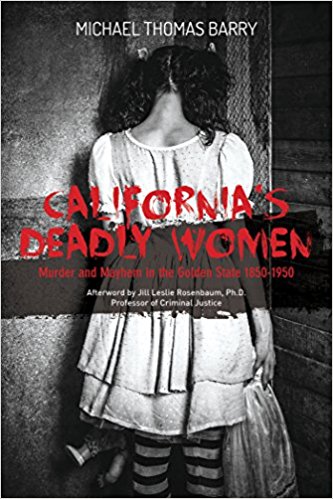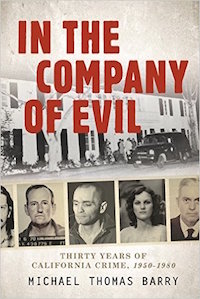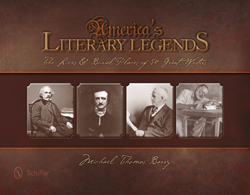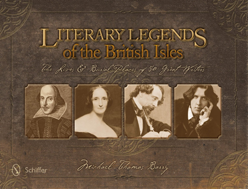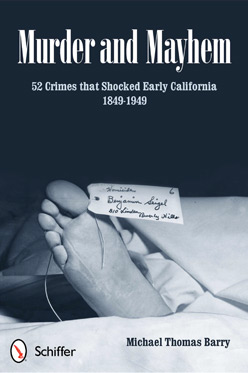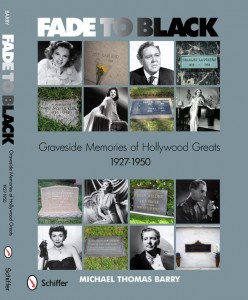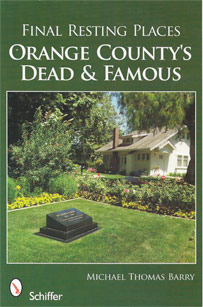10.07

British author and poet Radclyffe Hall died on October 7, 1943 in London, England. She is best known for her controversial novel The Well of Loneliness (1928), which created a scandal and was banned for a time in Britain for its discussion of lesbianism. She was born Marguerite Radclyffe Hall on August 12, 1880 in Bournemouth, Hampshire, England. She was educated at King’s College, London, and then attended school in Germany. She began her literary career by writing verses, which were later collected into five volumes of poetry. The Blind Ploughman, one of her best-known poems, was set to music by Conigsby Clarke. By 1924 she had written her first two novels, The Forge and The Unlit Lamp. The latter was her first to treat lesbian love. Hall’s fame turned to notoriety with the publication of The Well of Loneliness, in which she explored in detail the romance between a young girl and an older woman. The book was banned by London magistrate, Sir Chartres Biron, who judged the book as being an “obscene libel” and ordered all copies of it destroyed. Later, a decree handed down in a U.S. court disagreed with Biron, finding that discussion of homosexuality was not in itself obscene. The British ban on The Well of Loneliness was eventually overturned on appeal after Hall’s death. Although Hall was vindicated by the American verdict, she did not write any other controversial novels. Among her following works are Twixt Earth and Stars: Poems (1906), Songs of Three Counties and Other Poems (1913), The Master of the House (1932), and The Sixth Beatitude (1936). A novel on which she was working in her declining years was destroyed, at her request, after her death.
Michael Thomas Barry is the author of Literary Legends of the British Isles.

